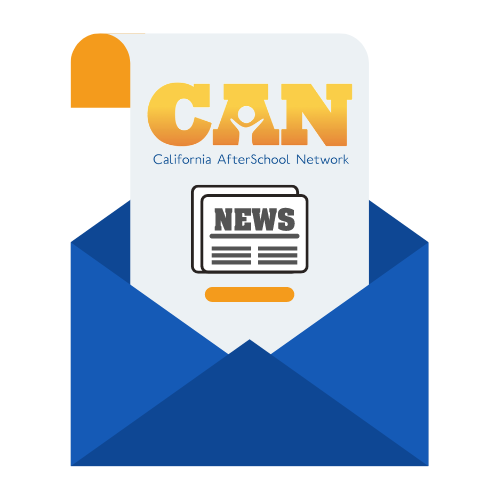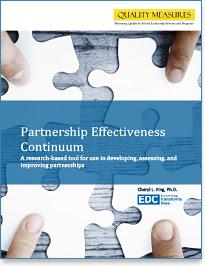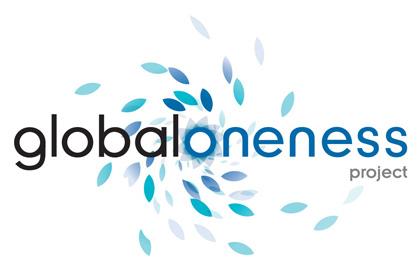CAN Newsletter
December 3, 2014
Related Content
CAN Policy Committee – Quarterly Policy Update
Federal, state, local, and administrative policy updates
On November 25, 2014 the CAN Policy Committee convented for a live update on relevant federal, state, local, and administrative policies impacting expanded learning. CAN Policy Committee Co-chairs provided updates on relevant California policy including election results, ballot propositions, state budget, Local Control Funding Formula (LCFF), as well as recently passed legislation. The update also featured information on federal elections, budget, and policies impacting expanded learning. Additionally, an overview was provided on state administrative policies impacting expanded learning programs.
Access the notes including hyperlinks, as well as the audio recording of the quarterly policy update.
Recent EdSource Report: Common Core Stays After School
A recent report by EdSource highlights the increasing role of after school and summer learning programs in applying the Common Core State Standards (CCSS). Research has found that expanded learning programs are critical in complementing classroom academics and promoting youth development as schools and districts implement CCSS. Strong collaborations between core instructional day and after-school curriculum provide students with learning opportunities that reinforces state standards through hands-on and interactive learning. Access the report, Common Core Stays After School.
New Research Brief Describes Impacts of Expanded Learning Programs
The American Institutes for Research (AIR) recently released the results from a comprehensive review examining the effects of expanded learning time on student academic and nonacademic performance. Researchers found mixed results from their study of 30 after-school and summer programs nationwide. While elementary school students demonstrated a positive effect on literacy and math achievement, middle school students experienced a small negative effect, while students who suffer from some type of learning disability benefited the most from increased learning time. Positive effects were often associated with organized lessons with clear learning goals, and hands-on, project-based learning opportunities. Access more information and the research brief.
Partnership Effectiveness Continuum Tool
The Quality Measures’ new program tool, called the Partnership Effectiveness Continuum (PEC), recently released by the Education Development Center aims to help strengthen collaboration with schools. The PEC is designed to help school districts and training program providers develop a clearer understanding of the indicators of effective partnerships. It is intended to guide team reflections on partnerships using a set of concrete criteria to prompt discussions about ways to strengthen existing partnerships and form new ones. Access the Partnership Effectiveness Continuum.
Global Oneness Project Offers Free Lesson Plans Aligning With California Standards
The Global Oneness Project is an educational program that provides free film and media resources aligned with Common Core, College, Career, Civic Life for Social Studies, and the Next Generation Standards. Access free lesson plans that highlight the arts, culture, and the environment in order to engage high school and college students in global and multi-cultural themes, as well as environmental issues. This multimedia education platform aims to inspire action within the community and has been promoted by prominent education campaigns such as TED Ed, and PBS. Learn more and access the Global Oneness Project.





